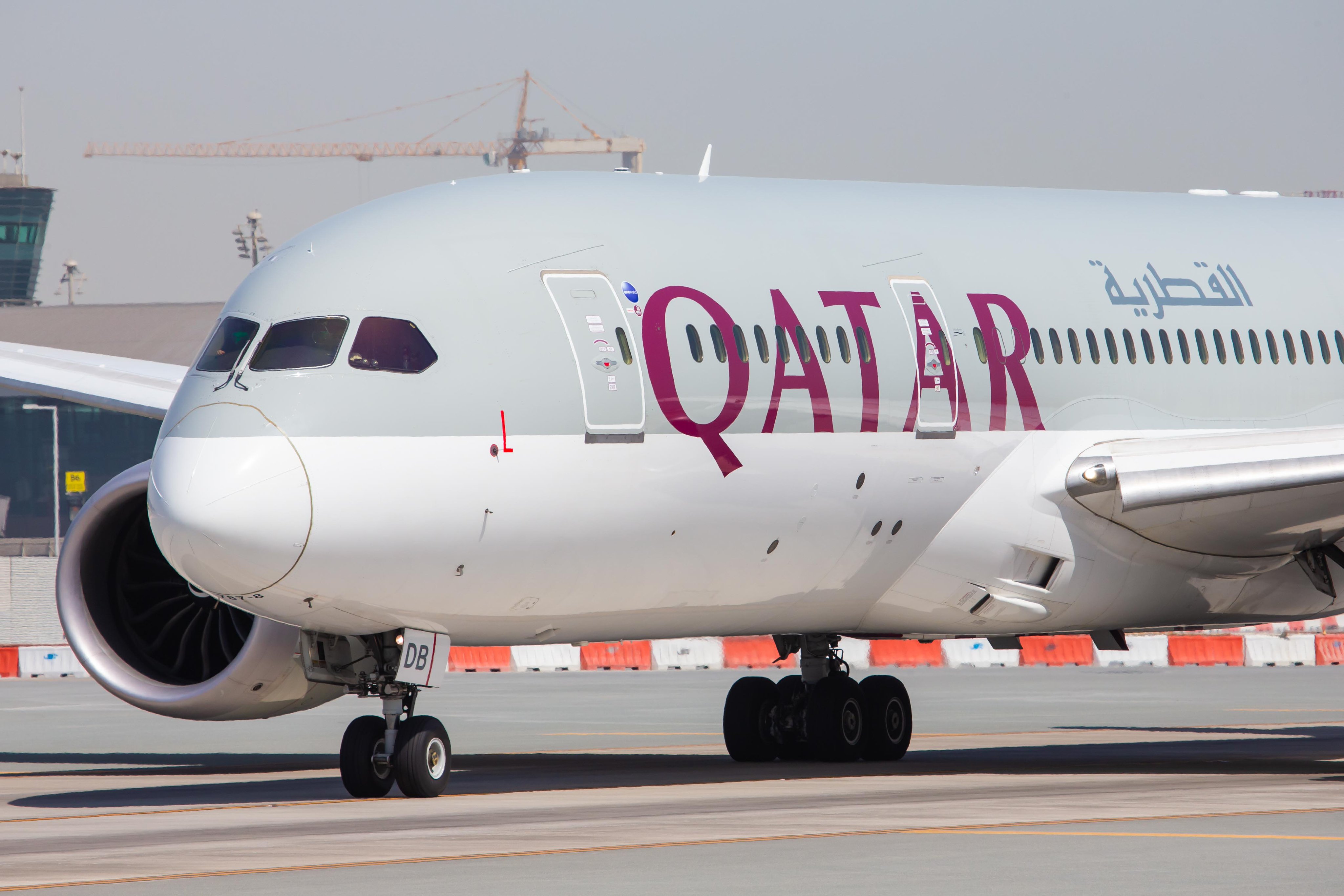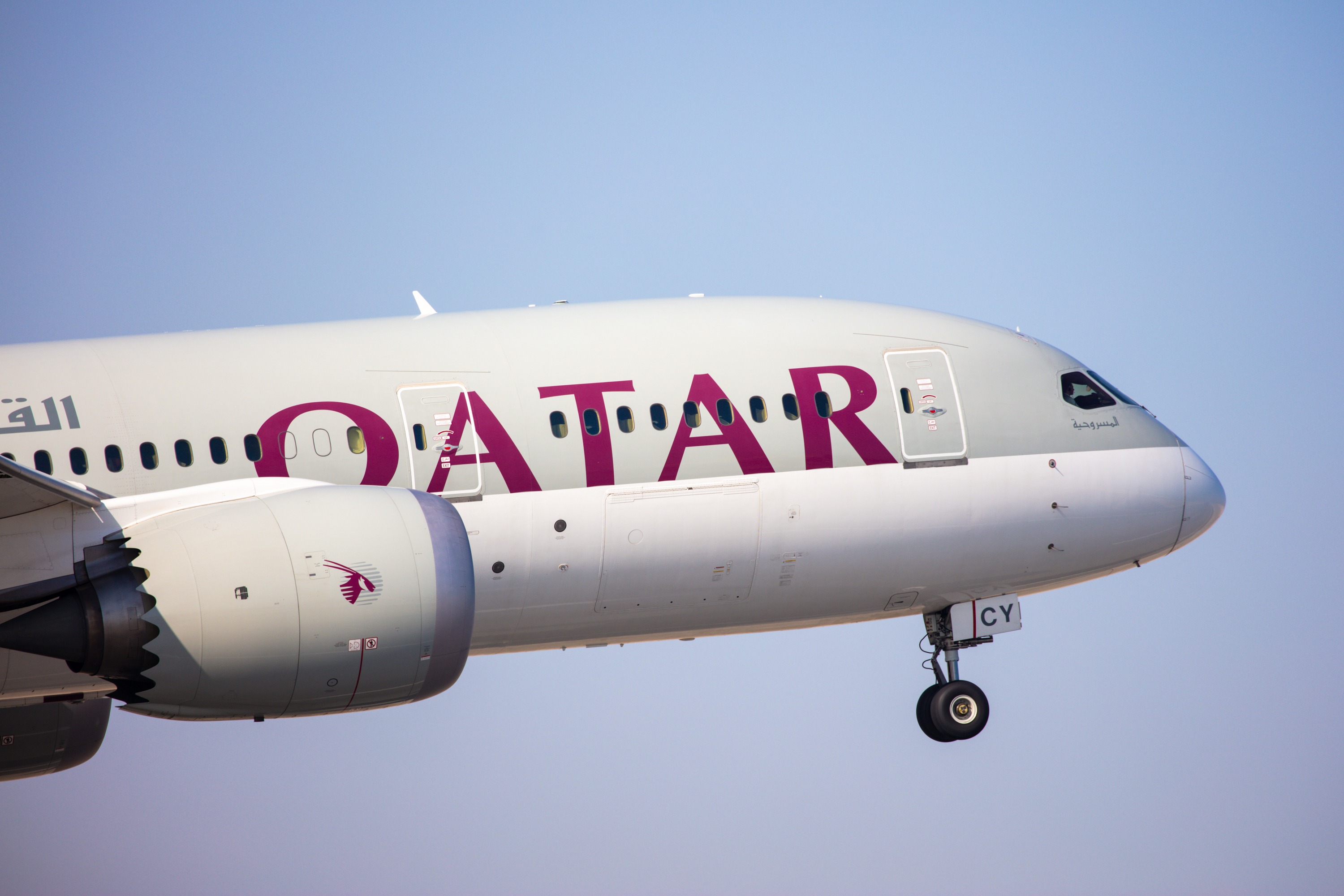
Nestled in Prince George’s County, Maryland, College Park Airport (KCGS) stands as the world’s oldest continuously operational airport, tracing its origins to August 1909 when the U.S.
Army Signal Corps partnered with aviation pioneer Wilbur Wright to train the nation’s first military pilots. Established on a 160-acre plot, the site became a crucible for aviation innovation, beginning with Wright’s instruction of Lieutenants Frederic Humphreys and Frank Lahm.
Humphreys etched his name in history by completing the first solo flight in a government-owned Wright Flyer on October 26, 1909, just days before Wilbur Wright carried Mrs. Ralph Henry Van Deman-marking the first U.S. woman to fly as a passenger-during a demonstration flight that showcased the Wright Type A biplane’s capabilities.
A Hub of Aviation Firsts
As military aviation training shifted elsewhere by 1911, College Park pivoted to civilian use, becoming a testing ground for trailblazers. Rex Smith, founder of the Washington Aeroplane Company, developed the Columbia Biplane here, while the airport hosted early airmail operations in 1918, including the U.S. Postal Service’s inaugural route to Philadelphia and New York.
The original 1919 hangar, still standing today, housed these historic flights alongside a rare surviving “compass rose” used for calibrating aircraft instruments. The 1920s brought vertical flight experiments by Emile and Henry Berliner, who achieved the world’s first controlled helicopter flight in 1924 using a coaxial-rotor design-a breakthrough preserved in the airport’s museum as the oldest intact helicopter prototype.
Engineering Breakthroughs
From 1927 to 1935, the National Bureau of Standards transformed College Park into a laboratory for radio-based navigation systems, testing early versions of instrument landing technologies that later became global standards.
The airport also served as the proving ground for the ERCO Ercoupe, a revolutionary spin-resistant aircraft tested in 1937, designed to democratize flying for amateur pilots. During its military phase, College Park witnessed the first airborne machine gun trials and bomb sight developments, tools that would shape modern aerial warfare.
Preservation and Legacy
Designated a National Historic Site in 1977, the airport’s 40-acre core now includes a museum housing artifacts like original Wright propellers, early flight suits, and the Berliners’ helicopter. While post-9/11 security restrictions curtailed plans for expanded commercial use, the airport remains active with a 2,980-foot runway hosting 30 based aircraft, including vintage models.
Annual events like the “Open Hangar Day” and “Aviation Heritage Festival” draw crowds to witness flyovers of historic aircraft and interactive exhibits detailing the airport’s role in milestones such as the first mile-high powered flight (1912) and early night-flying experiments.
Triumphs and Tribulations
College Park’s legacy includes sobering moments, like the 1912 death of Cpl. Frank Scott, the first U.S. military aviation casualty, memorialized by “Scott Drive” adjacent to the airfield. Despite surviving near-closure during the Great Depression and post-WWII declines, preservation efforts led by local historians and the Maryland-National Capital Park and Planning Commission have cemented its status as a living museum.
The airport’s inclusion in the National Register of Historic Places ensures that its century-old control tower and grass runways-still used for vintage aircraft-continue to educate visitors about the daring experiments that shaped global aviation. Today, College Park Airport not only honors its past but also inspires future innovators, maintaining its original mission as a proving ground for aerospace ingenuity.


















.jpeg)





































.jpg)
